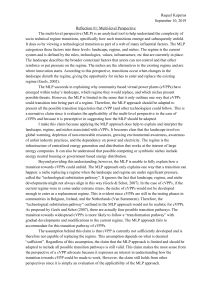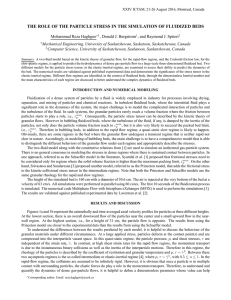Abstract Despite a large theoretical literature studies how the legacies of... condition the transition towards democracy, the empirical evidence is scant....
advertisement
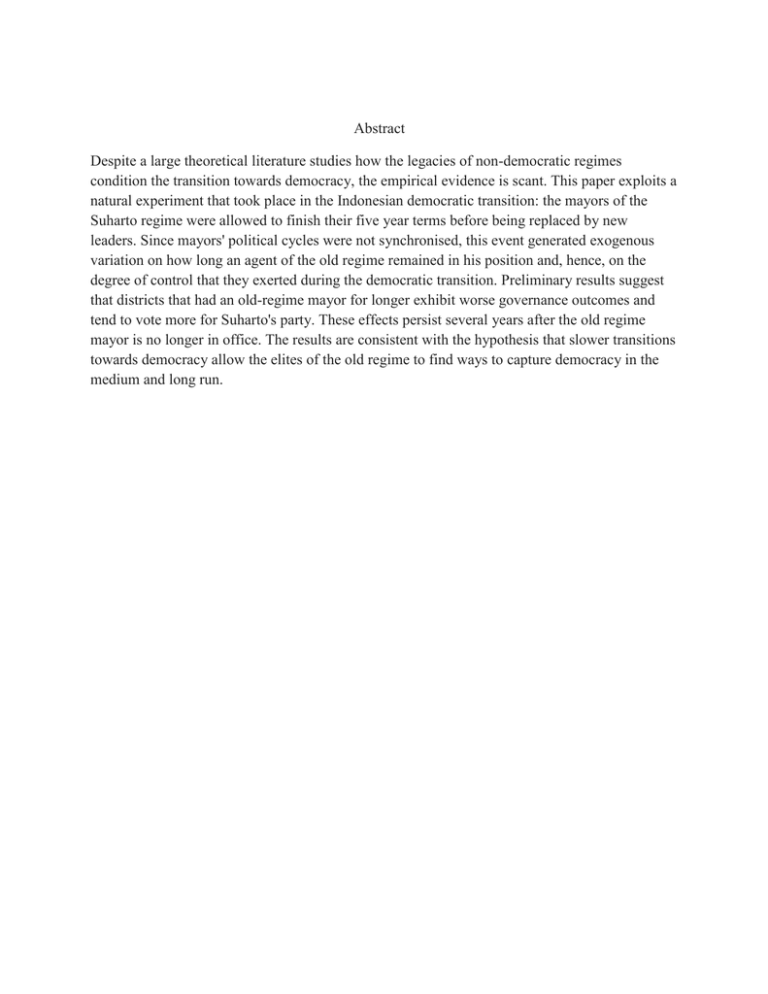
Abstract Despite a large theoretical literature studies how the legacies of non-democratic regimes condition the transition towards democracy, the empirical evidence is scant. This paper exploits a natural experiment that took place in the Indonesian democratic transition: the mayors of the Suharto regime were allowed to finish their five year terms before being replaced by new leaders. Since mayors' political cycles were not synchronised, this event generated exogenous variation on how long an agent of the old regime remained in his position and, hence, on the degree of control that they exerted during the democratic transition. Preliminary results suggest that districts that had an old-regime mayor for longer exhibit worse governance outcomes and tend to vote more for Suharto's party. These effects persist several years after the old regime mayor is no longer in office. The results are consistent with the hypothesis that slower transitions towards democracy allow the elites of the old regime to find ways to capture democracy in the medium and long run.
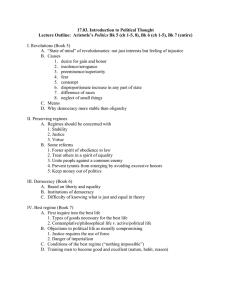
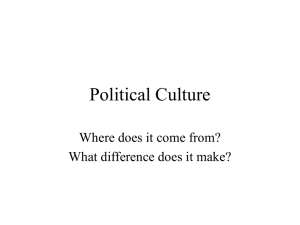
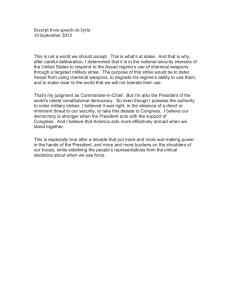

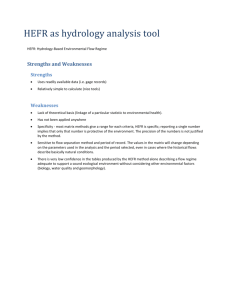
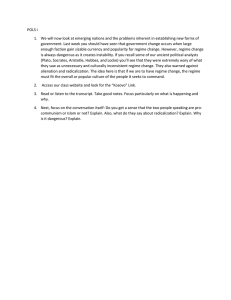
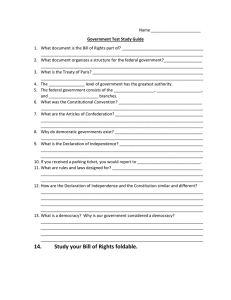
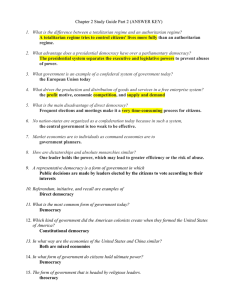
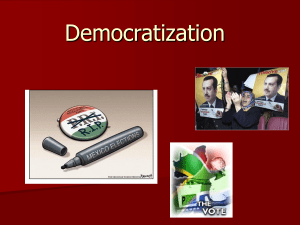
![Civil Society in Sustainability Transitions of Food Systems - Rachael Durrant [PPTX 215.75KB]](http://s2.studylib.net/store/data/015080386_1-e97bf135400c93216024d126a9b103d0-300x300.png)
